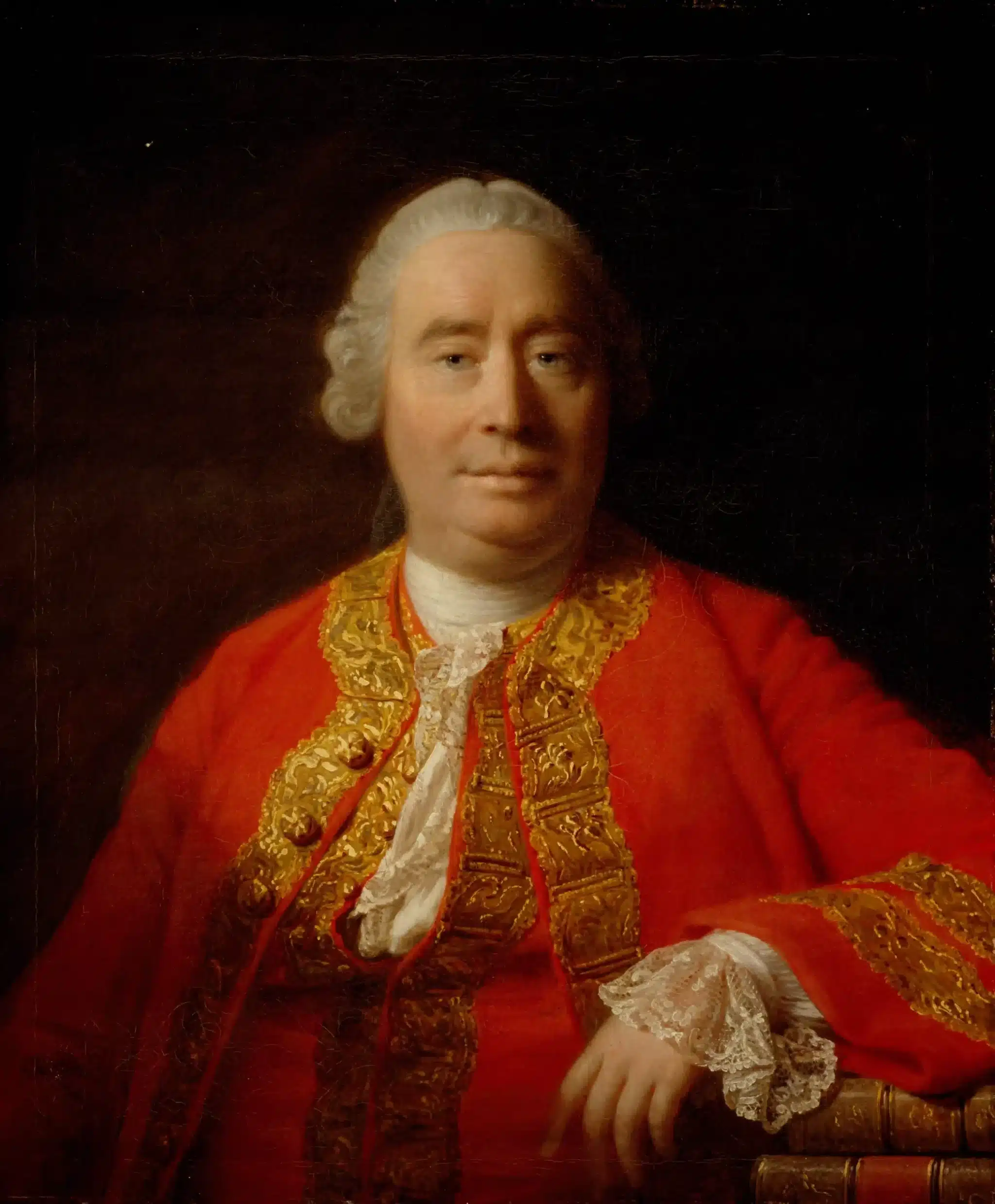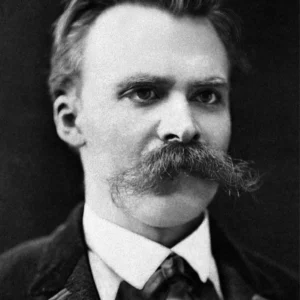David Hume, born on May 7, 1711, in Edinburgh, Scotland, is one of the most influential philosophers of the Enlightenment era. Known for his pioneering work in empiricism and skepticism, Hume’s ideas have had a profound impact on philosophy, economics, and the social sciences. This article explores his life, contributions, and enduring legacy.
Early Life and Education
Birth and Background
David Hume was born into a modest Scottish family. His father, Joseph Home (a spelling Hume later adopted), was a lawyer and landowner, while his mother, Katherine Falconer Hume, came from an educated background. Hume showed intellectual promise from an early age.
Education at Edinburgh University
Hume entered the University of Edinburgh at the age of twelve, where he studied a range of subjects, including Greek, Latin, and philosophy. Despite not completing a degree, his time at the university laid the foundation for his later philosophical inquiries. After leaving Edinburgh, Hume spent several years in self-directed study, focusing on classical literature and philosophy.
Major Works and Philosophical Contributions
A Treatise of Human Nature
Hume’s seminal work, “A Treatise of Human Nature,” was published in three volumes between 1739 and 1740. In this groundbreaking work, Hume sought to apply the scientific method to the study of human psychology. He argued that human knowledge arises from sensory experiences and that our beliefs are formed by habit and custom rather than reason.
Empiricism and Skepticism
Hume’s empiricism posits that all knowledge is derived from sensory experience. He distinguished between “impressions,” the direct sensory inputs we experience, and “ideas,” the mental representations of those impressions. Hume’s skepticism challenged the certainty of knowledge, arguing that we cannot know anything with absolute certainty beyond our immediate experiences.
An Enquiry Concerning Human Understanding
In 1748, Hume published “An Enquiry Concerning Human Understanding,” a more accessible and refined version of the first book of the “Treatise.” In this work, he introduced the concept of “mitigated skepticism,” advocating for a practical approach to knowledge while acknowledging its limitations. He also famously critiqued the concept of causation, arguing that we infer causal relationships based on habit rather than logical necessity.
An Enquiry Concerning the Principles of Morals
In “An Enquiry Concerning the Principles of Morals” (1751), Hume explored the nature of morality and ethics. He argued that moral judgments are based on human emotions and sentiments rather than rational deduction. According to Hume, virtues are those qualities that are useful or agreeable to oneself or others.
Dialogues Concerning Natural Religion
Hume’s “Dialogues Concerning Natural Religion,” published posthumously in 1779, is a critical examination of religious belief and the arguments for the existence of God. Through a series of dialogues between fictional characters, Hume raised questions about the nature of religious faith, the problem of evil, and the limits of human understanding in matters of theology.
Contributions to Economics and History
Political Economy
In addition to his philosophical works, Hume made significant contributions to economics. His essays on political economy, including “Of Commerce,” “Of Money,” and “Of Interest,” explored topics such as trade, monetary theory, and economic growth. Hume’s insights into the dynamics of supply and demand, the balance of trade, and the role of money in the economy influenced later economists, including Adam Smith.
The History of England
Hume also wrote “The History of England,” a multi-volume work covering English history from the Roman invasion to the Glorious Revolution. Published between 1754 and 1762, this comprehensive history was widely read and became a standard reference for English history. Hume’s historical writing was notable for its narrative style and focus on the causes and effects of historical events.
Personal Life and Legacy
Personal Life
Hume was known for his sociable and amiable personality. Despite his controversial ideas, he maintained friendships with many leading intellectuals of his time, including Adam Smith, James Boswell, and Jean-Jacques Rousseau. Hume’s financial success from his writings allowed him to live comfortably and continue his intellectual pursuits.
Legacy
David Hume’s philosophical contributions have had a lasting impact on various fields, including philosophy, psychology, economics, and history. His emphasis on empiricism and skepticism laid the groundwork for later philosophical developments, including logical positivism and analytic philosophy. Hume’s ideas continue to be studied and debated by scholars, making him a central figure in the history of Western thought.
Honors and Recognition
Hume’s influence extends beyond academic circles. He has been commemorated with statues, plaques, and other memorials in Edinburgh and other cities. His contributions to philosophy and the social sciences are celebrated in numerous academic institutions and publications.
Conclusion
David Hume’s pioneering work in empiricism and skepticism has left an indelible mark on the history of philosophy and beyond. His insights into human understanding, morality, and the nature of knowledge continue to inspire and challenge thinkers to this day. As we reflect on Hume’s legacy, we are reminded of the enduring power of critical inquiry and the pursuit of truth.


